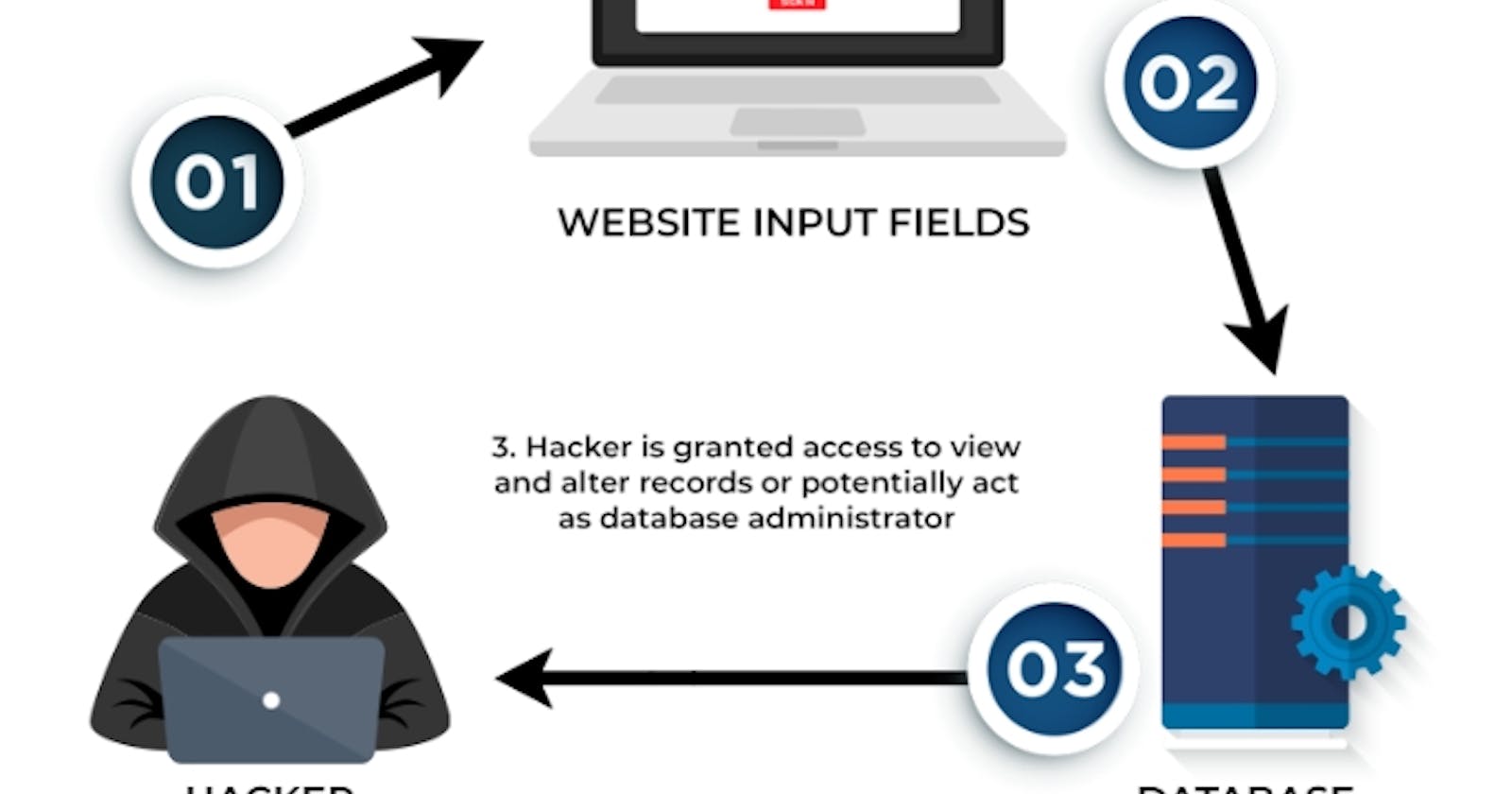WEB SERVER...
A web server is a piece of software that receives requests from clients and sends back responses. These requests and responses can include sensitive information, such as passwords and financial data, which makes web servers vulnerable to attacks.
One common type of attack on web servers is called a "SQL injection."
This occurs when a hacker inserts malicious code into a database query, allowing them to access or manipulate the database. This can result in the theft of sensitive information or the destruction of data.
To protect against these attacks, web server administrators can take several steps.
First, they should ensure that the web server software is up to date and patched against known vulnerabilities.
They should also use strong, unique passwords for all accounts on the web server and enable two-factor authentication whenever possible.
In addition, web server administrators should regularly perform security audits to identify and fix any potential vulnerabilities.
This can include testing the server for SQL injection vulnerabilities, as well as other common attack vectors.
Lastly, web server administrators should implement security measures such as firewalls and intrusion detection systems to prevent unauthorized access to the server.
These systems can help to identify and block potential attacks before they can cause harm.
Overall, protecting a web server from vulnerabilities requires a combination of regular maintenance and security measures. By staying vigilant and taking steps to secure the server, administrators can help to keep their web server and the sensitive information it handles safely from attacks. #Webserver #PatrickEssien #CyberSecFalcon #CyberSecurity
Image source: Online
